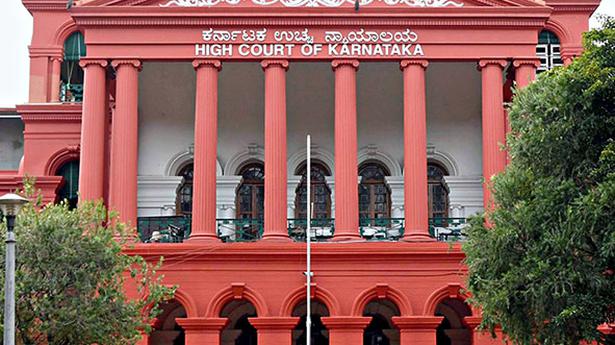
Physical disability sans amputation is also a factor for computing compensation for ‘loss of future prospects’ in accident cases: HC
The Hindu
‘Judges sometimes make law if the statutes made by the Parliament fall short of meeting the requirements of the time’
The physical disability caused to the limbs, even without amputation, requires to be factored in for computation of compensation under the category for ‘loss of future prospects’ while assessing loss of future earnings in motor vehicle accident claims (MVC) cases, the High Court of Karnataka has said.
“It is undoubtedly true that it is no part of the statutory law governing the field of award of compensation in motor vehicle accident cases. But, courts are enjoined under the law to award ‘just compensation’ and no compensation can be regarded as just unless the law is capable of reinventing itself by making proper adjustments as the needs of the time required,” the court observed.
“Judges sometimes make law if the statutes made by Parliament fall short of meeting the requirements of the time,” the court observed.
A Division Bench comprising Justice Krishna S. Dixit and P. Krishna Bhat passed the order while rejecting the argument, made on behalf of New India Assurance Company Ltd., that disability sans amputation cannot be considered for “loss of future prospects”.
The insurance company had challenged the award passed by a tribunal in Hubballi in favour of a 40-year-old tailor who had suffered grievous injuries when a State road transport corporation bus rammed into a parked truck in 2009.
Pointing out that component of ‘loss of future prospects’ is a forensic tool forged by the Supreme Court to off-set the adverse effect of imponderable vagaries of inflation on the assessment of loss of future earning, the Bench said that “to link this component only to disability arising from amputation of limbs defies logic and has no sanction of law.”
On the arguments of the insurance company, the Bench said such arguments “only brings to sharp relief the urgent need for updation by the advocate of the fast-changing approach of the law in consonance with felt necessities of the time without which the precious time of the courts will have to be wasted in needlessly dwelling on the same.”











